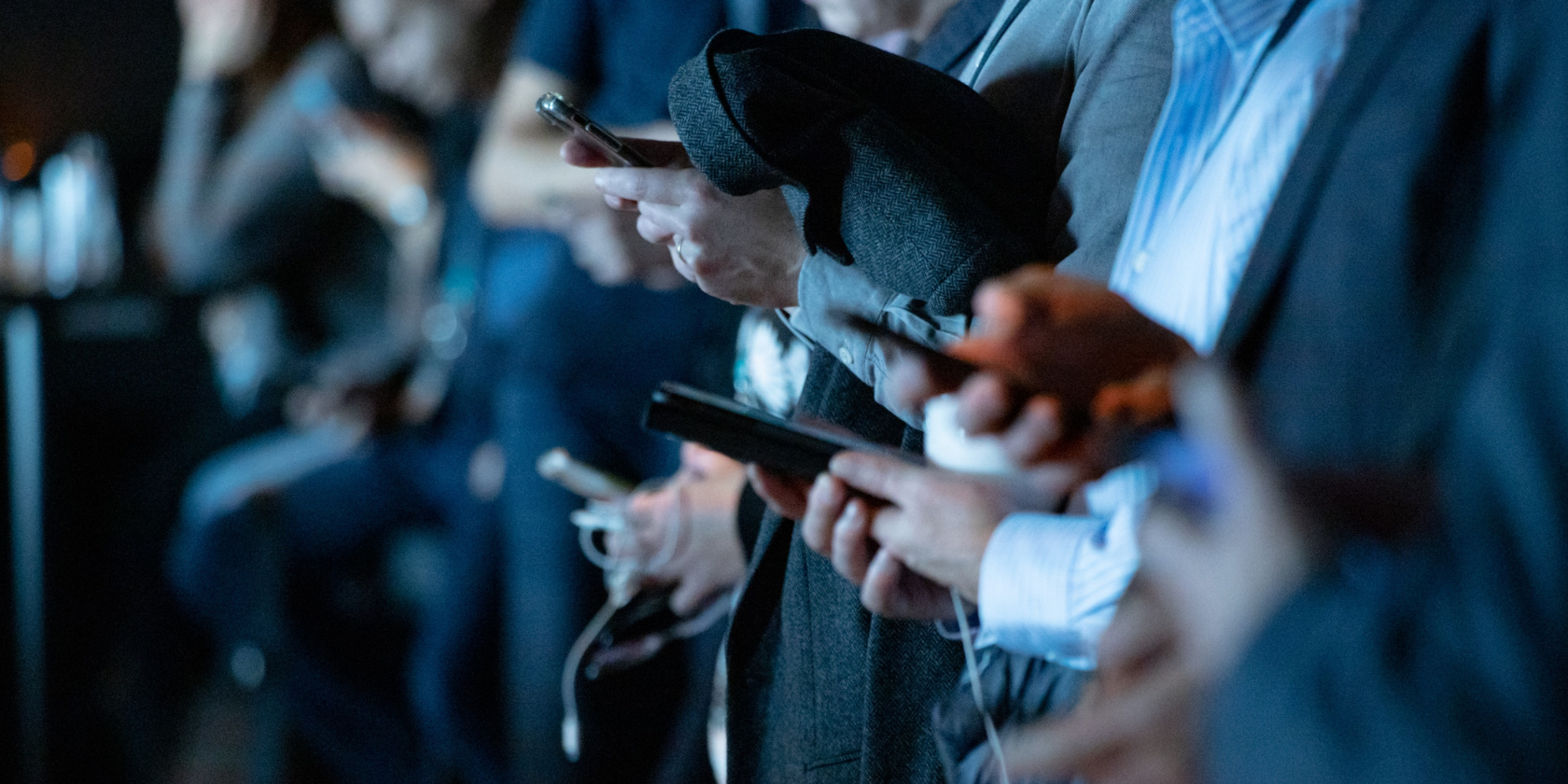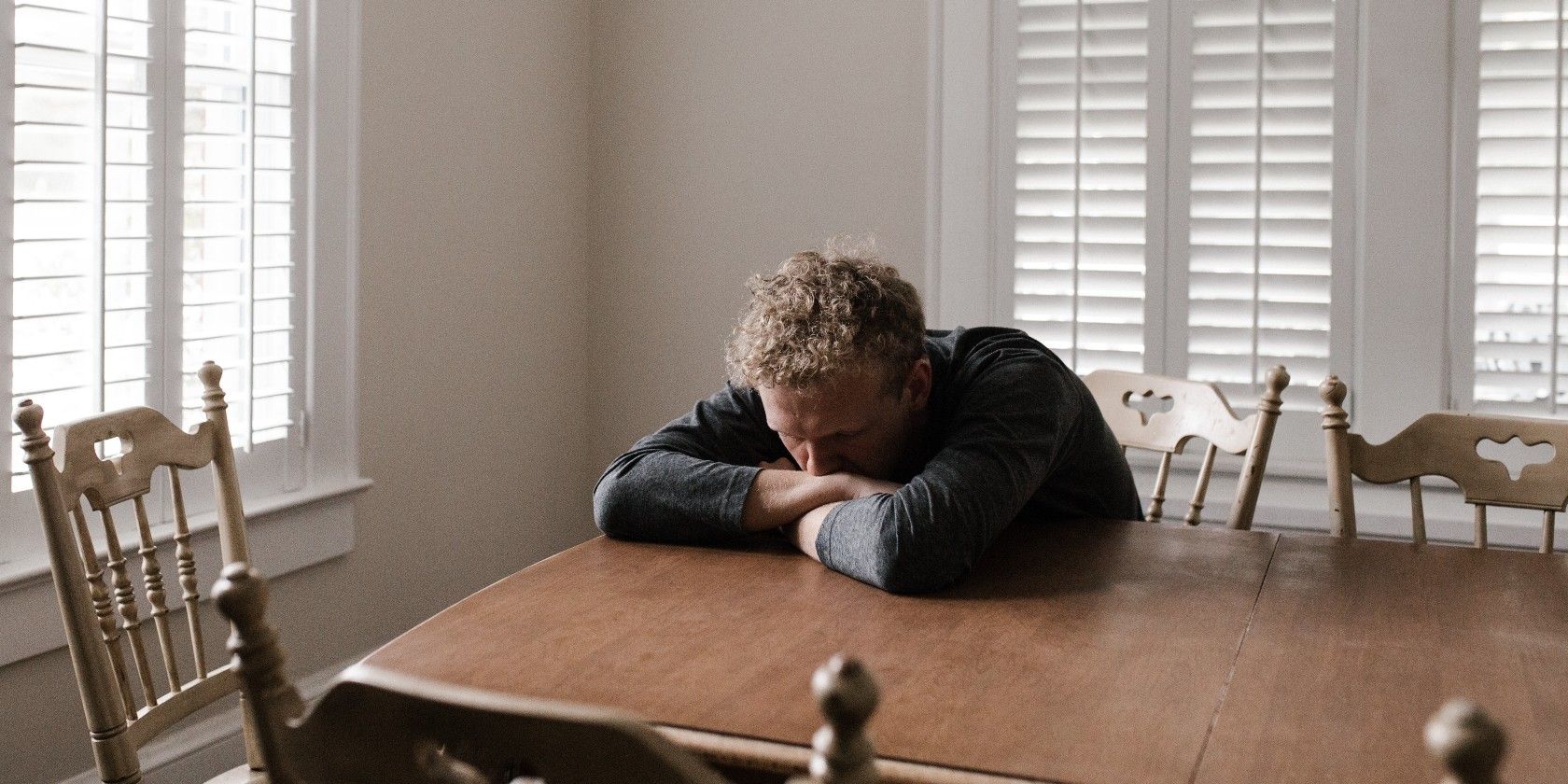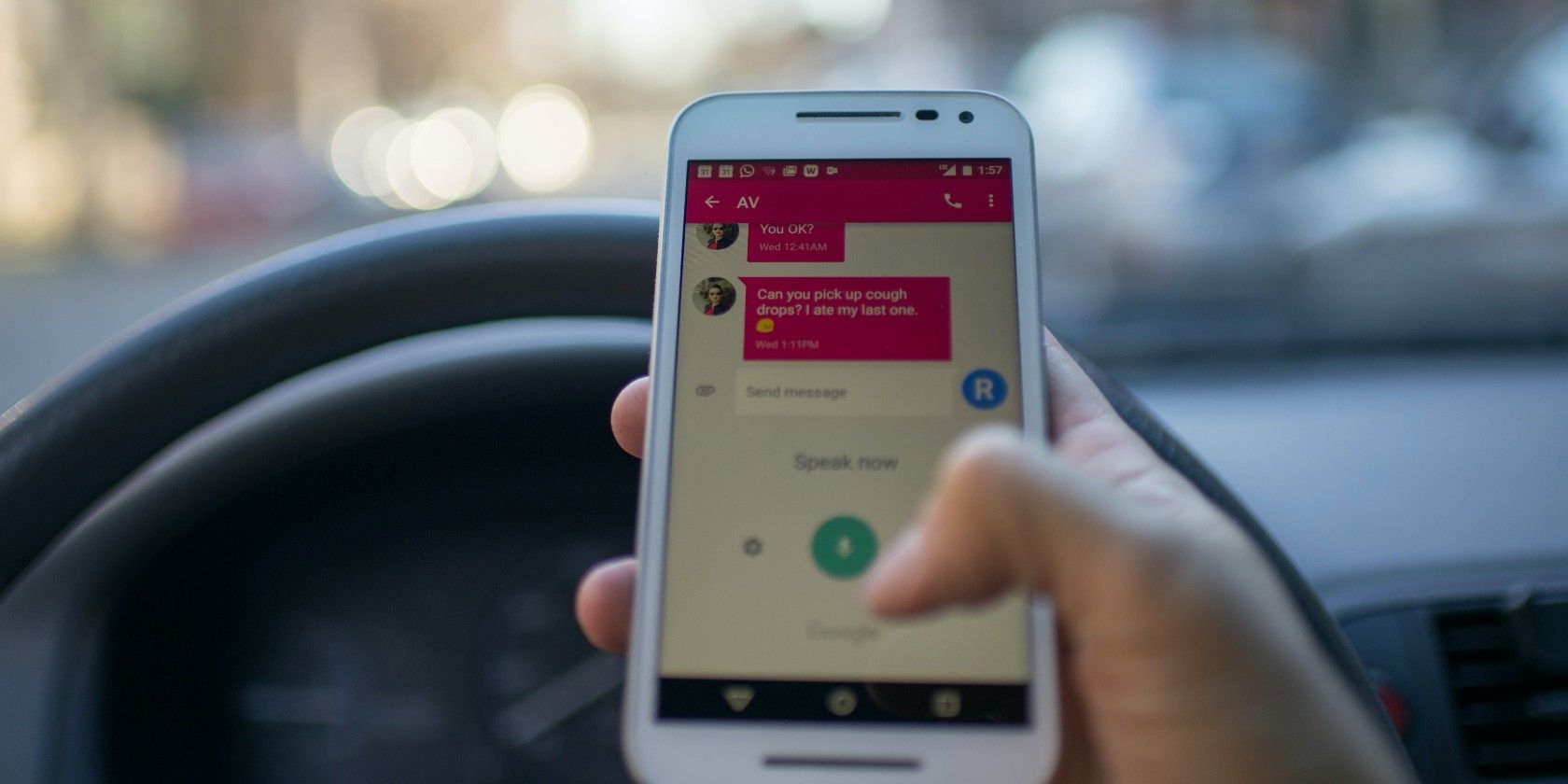While there is still no formal diagnosis of social media addiction, there’s been a growing body of research about this emerging mental health problem.
The popularity of social media platforms and the increasing dependence of people on their features have drastically increased over time. So much so that some are reporting signs of addiction to it—similar to those who are struggling with other dependencies.
But what exactly is social media addiction? How do you know if your hobby has reached the threshold of excess and what can you do about it?
What Is Social Media Addiction?
According to a study by researchers from the Psychology Division of Nottingham Trent University, social media addiction is a behavioral addiction that is similar to substance-related addictions.
It is characterized by excessive and compulsive social media use and an uncontrollable urge to log on and use social media. This use is enough to disrupt one’s life, ruin one's relationships, and negatively affect one’s overall well-being.
A person with social media addiction may be unable to perform their tasks at work or in school properly due to excessive social media use. They may have a hard time logging off or controlling use even in the presence of friends or family in real life.
Classic Addiction Symptoms
The person will also exhibit the “classic addiction symptoms”, according to the study. They may experience drastic mood modifications or people may see noticeable changes in the person’s emotional state. There will also be ever-increasing use of social media over time. The use becomes more reliant on social media over time. As a result, they will have a hard time limiting the time they spend on these platforms.
After an intervention, the person will also exhibit symptoms of withdrawal. For example, they may have drastic and unpleasant emotional and behavioral problems (like getting anxious and severely restless) when social media use is stopped.
They may also experience relapses after a period of abstinence.
Risk Factors for Social Media Addiction
There are a few factors that put a person at a higher risk of developing social media addiction, according to a study published in the Human Behavior And Emerging Technologies Journal.
The first is age. In general, younger people are more likely to engage in online activities and are at an increased risk of developing addictive social media use. Digital natives, or those born during the age of digital technology, are more predisposed to becoming excessively dependent on social media.
Several studies have also found that gender can also play a role. Men have been found to have a higher risk of developing an addiction to online games while women are more likely to become addicted to social media.
Psychological Risk Factors
Furthermore, according to the same study, four other psychological factors can serve as predictors of social media addiction—stress, empathy, self-esteem, and depression.
As people become more stressed, they may become more dependent on social media. In addition to stress, a person’s level of empathy can determine their risk of developing a dependence.
Researchers have suggested that those who experience trouble with empathy and therefore may have less social competence may rely on social media more heavily instead of in-person contact for their social interactions.
"If social media users do not exhibit the ability to share and understand others' emotions, they might be more inclined to use social media rather than in‐person contact for their social interactions and, which could lead to social media addiction," researchers note.
Low Self-Esteem, Depression, and Social Media Addiction
The study also talks about the relationship between low self-esteem and social media use. Those with low self-esteem find that social media can boost their self-image and social capital. A person who feels unlikable in real life can turn to social media to enhance their sense of self. The person derives satisfaction from the renewed image, so they will keep coming back for more.
This is similar to how addictive substances feed the brain’s reward system. The temporary “high” that makes people feel happy or good about themselves will keep them coming back for more.
Another factor that increases a person’s chances of becoming addicted to social media is depression. A study published in the International Journal of Adolescence and Youth has found “a positive correlation between social media addiction and depression”. This means that depression significantly predicted social media addiction.
Are You Addicted to Social Media?
So how do you know if your social media use has become excessive?
Psychologists Mark Griffiths and Daria Kuss provided a list of questions people should ask themselves if they're worried about their social media use.
Among the questions you can ask yourself are:
- Do you spend a lot of time, when you’re not online, thinking about social media or planning to use social media?
- Do you feel urges to use social media more and more over time?
- Do you use social media to forget about personal problems?
- Do you often try to reduce your use of social media, without success?
- Do you become restless or troubled if you are unable to use social media?
- Do you use social media so much that it has had a negative impact on your job, relationship, or studies?
If you answered yes to a few of these you may need to rethink your social media habits and learn digital detox strategies.
But if you answered yes to many of these questions and you find that your social media use has affected your studies, work, your relationships, and overall wellbeing; it’s best to consult a clinical psychologist or a psychiatrist. A trained mental healthcare professional is the only person who can offer a proper diagnosis and treatment plan.
Seek Support
The first step is getting to know what this problem is then recognizing that you may have it. As with most other types of addiction, this one is not an easy habit to break. It’s best to get the support of your friends and family.
Many trained experts can help you deal with this kind of problem. With the increasing body of research about the topic, these professionals will be well equipped to help.




